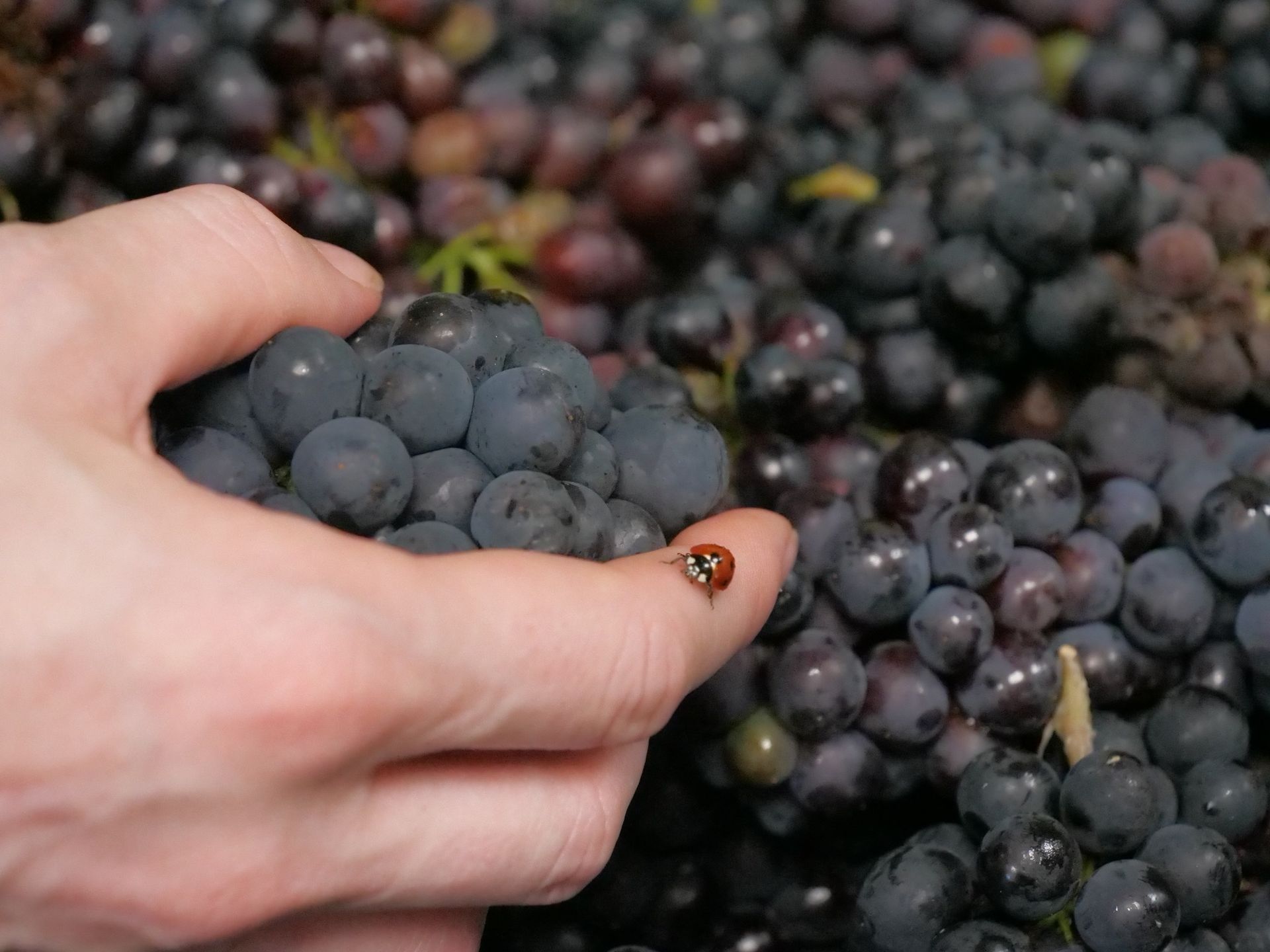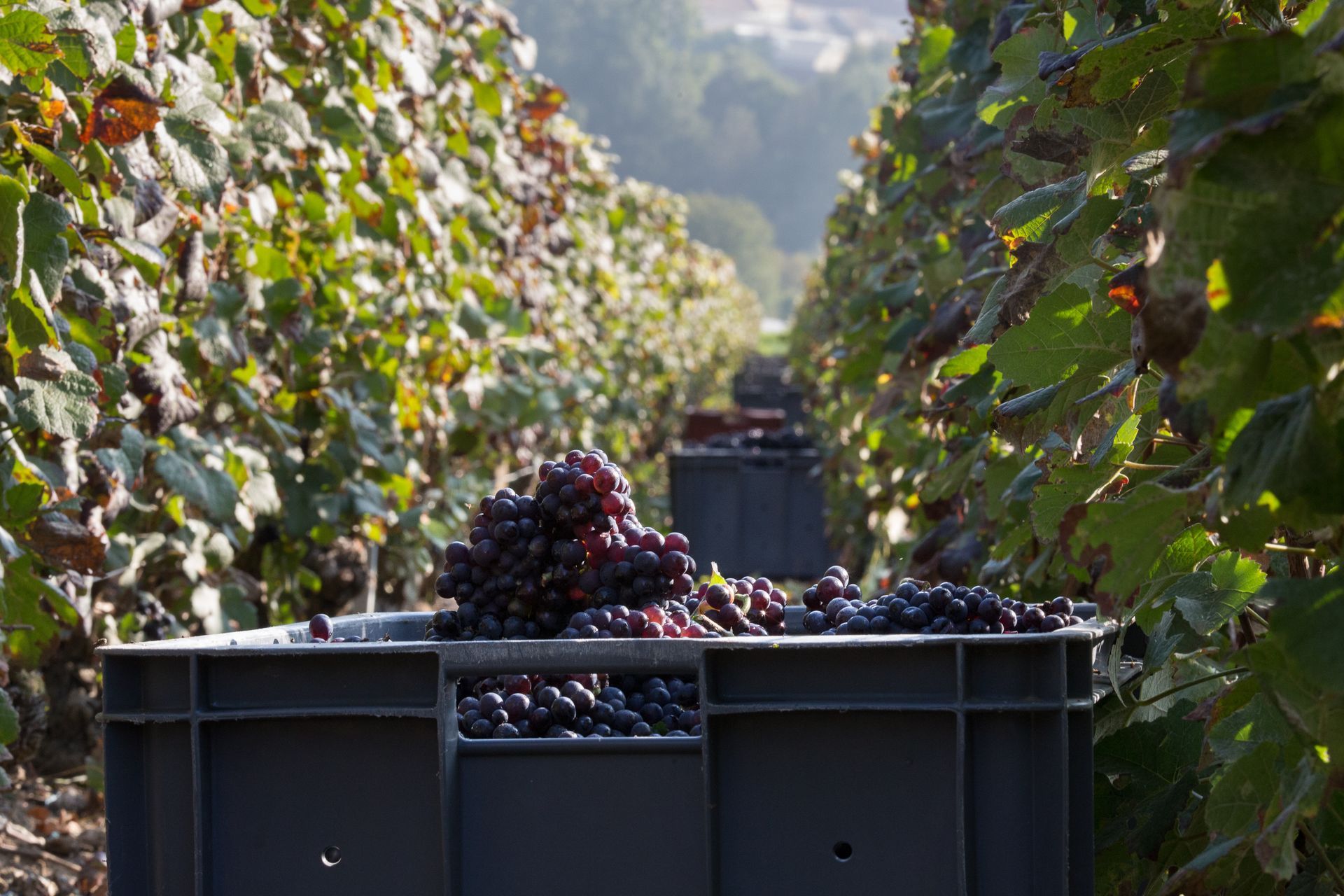From Pops: Why the Little Wins Matter
From Pops: Why the Little Wins Matter
Most people wait for the big moments like birthdays, anniversaries, or promotions, to pop a cork or raise a glass. But let me tell you something I’ve learned: the small stuff counts too.
A quiet Tuesday night with someone you love. Finishing that email you’ve been dreading. Remembering to water the plant before it droops. These are the real wins. And they deserve a little celebration.
This wonderful piece in the New York Times puts a name to it—micro-celebrations—and reminds us that joy doesn’t have to be earned in bulk. It can show up in the margins of the day, if we make space for it.
Give it a read. Then go celebrate something tiny. I’ll raise a glass with you.

— Pops



Happy Hour
for Your Inbox
Newsletter
You’re in. Welcome to your inbox happy hour.
Oops, there was an error sending your message. Please try again later.


